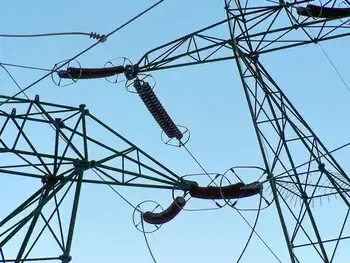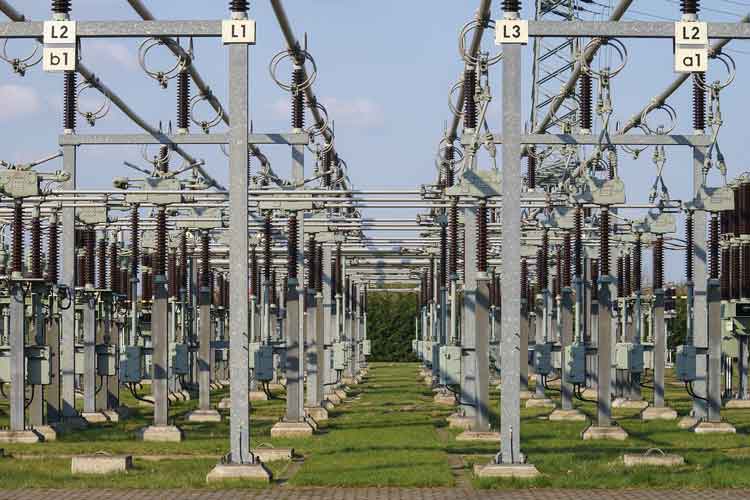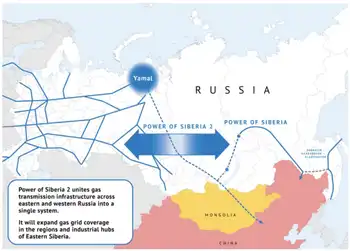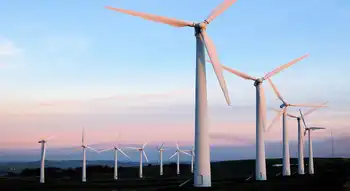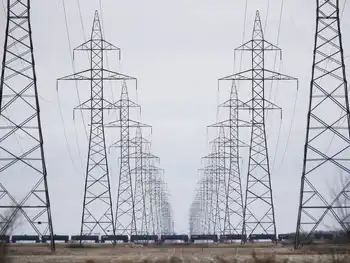SaskPower eyes buying $300M worth of electricity from Flying Dust First Nation

Arc Flash Training CSA Z462 - Electrical Safety Essentials
Our customized live online or in‑person group training can be delivered to your staff at your location.

- Live Online
- 6 hours Instructor-led
- Group Training Available
SaskPower-Flying Dust flare gas power deal advances a 20 MW, 20-year Power Purchase Agreement, enabling grid supply from FNPA-backed generation, supporting renewable strategy, lower carbon footprint targets, and First Nation economic development in Saskatchewan.
Key Points
A 20 MW, 20-year PPA converting flare gas to grid power, with SaskPower buying from Flying Dust First Nation via FNPA.
✅ 20 MW of flare gas generation linked to Saskatchewan's grid
✅ 20-year term; about $300M total value to SaskPower
✅ FNPA-backed project; PPA targeted in 6-12 months
An agreement signed between SaskPower, which reported $205M income in 2019-20, and Flying Dust First Nation is an important step toward a plan that could see the utility buy $300 million worth of electricity from Flying Dust First Nation, according to Flying Dust's chief.
"There's still a lot of groundwork that needs to be done before we get building but you know we're a lot closer today with this signing," Jeremy Norman told reporters Friday.
Norman's community was assisted by the First Nations Power Authority (FNPA), a non-profit that helps First Nations get into the power sector, with examples like the James Bay project showing what Indigenous ownership can achieve.
The agreement signed Friday says SaskPower will explore the possibility of buying 20 megawatts of flare gas power from FNPA, which it will look to Flying Dust to produce.
#google#
20-year plan
The proposed deal would span 20 years and cost SaskPower around $300 million over those years, as the utility also explores geothermal power to meet 2030 targets.
The exact price would be determined once a price per metawatt is brought forward.
"We won't be able to do this ourselves," Norman said.
Flare gas power generation works by converting flares from the oil and gas sector into electricity. Under this plan, SaskPower would take the electricity provided by Flying Dust and plug it into the provincial power grid, complementing a recent move to buy more power from Manitoba Hydro to support system reliability.
"This is a great opportunity as we advance our renewable strategy, including progress on doubling renewables by 2030, and try to achieve a lower carbon footprint by 2030 and beyond," Marsh said.
Ombudsman report details dispute between senior with breathing disorder, SaskPower
Norman said the business deal presents an opportunity to raise money to reinvest into the First Nation for things like more youth programming.
For the next steps, both parties will need to sign a power purchase agreement that spells out the exact prices for the power generation.
Marsh expects to do so in the next six to 12 months, with development of the required infrastructure to take place after that.





